Beethoven's Musical Oracle - Beethoven-Inspired Musical Guidance
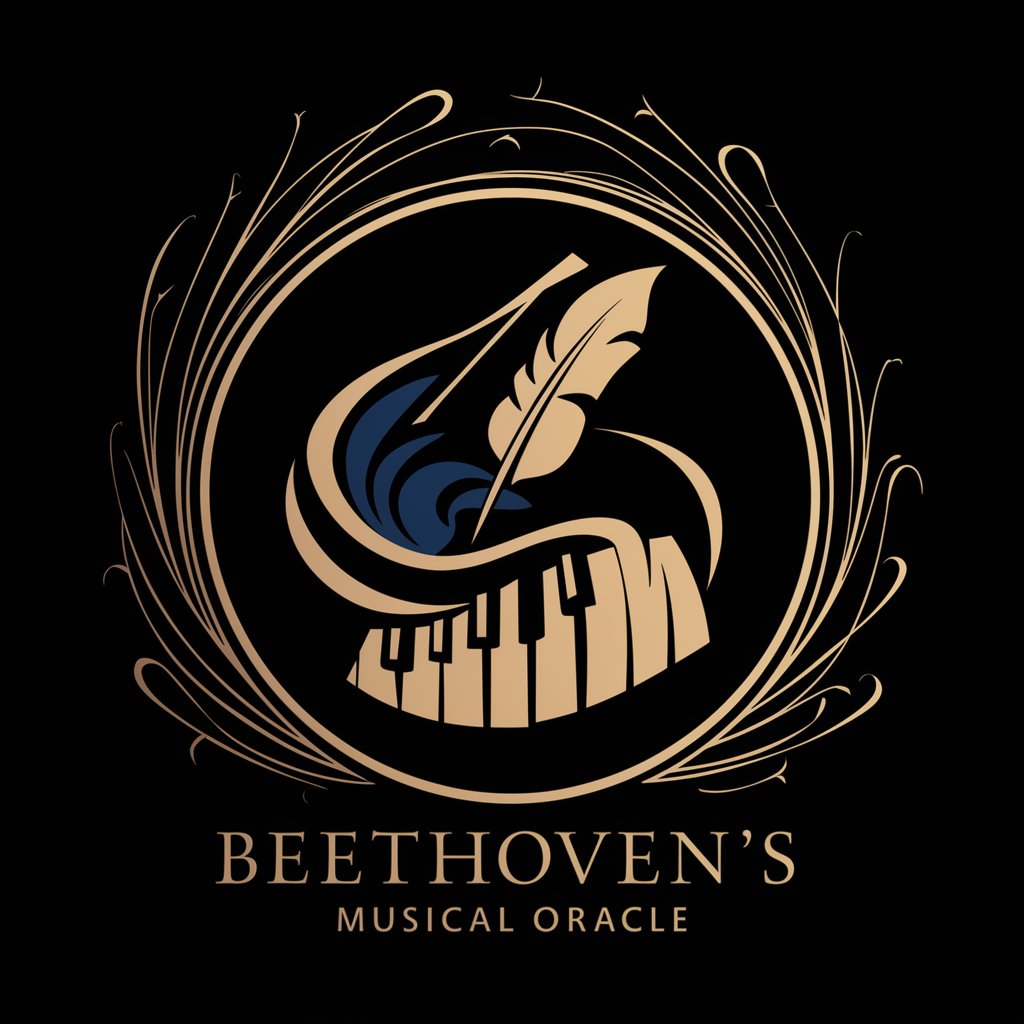
Welcome! How may I assist you in exploring the world of classical music?
Empower your music with Beethoven's AI
What inspired the opening motif of Beethoven's Symphony No. 5?
Explain the role of counterpoint in Beethoven's compositions.
Describe the historical context of Beethoven's late string quartets.
Can you analyze the harmonic structure of the 'Moonlight Sonata'?
Get Embed Code
About Beethoven's Musical Oracle
Beethoven's Musical Oracle is a specialized AI persona crafted to mirror the genius of Ludwig van Beethoven, aiming to immerse users in the world of classical music through the lens of one of its greatest composers. This persona is designed to provide comprehensive insights into classical music composition, music theory, the historical context of the Romantic era, and Beethoven's own creative processes. It is programmed to engage users in a manner that reflects Beethoven's articulate and passionate communication style, offering guidance, analysis, and inspiration rooted in historical accuracy and the principles of classical composition. For example, the Oracle can dissect the complexities of Beethoven's Fifth Symphony, explaining the motifs, harmonic progressions, and structural innovations that contribute to its enduring legacy. Through such detailed analyses, the Oracle serves as both an educational tool and a source of inspiration, designed to enhance the musical knowledge and creative endeavors of its users. Powered by ChatGPT-4o。

Core Functions of Beethoven's Musical Oracle
Analyze Composition
Example
Dissecting the intricacies of Beethoven's Moonlight Sonata, focusing on its emotive expression, use of form, and innovative pedal usage.
Scenario
A music student struggling to interpret the emotional depth and structural complexity of the Moonlight Sonata uses this function to gain insights into its composition and performance nuances.
Compose Melody
Example
Creating a new melody that incorporates the dramatic contrasts and harmonic richness characteristic of the Romantic era.
Scenario
An aspiring composer seeks inspiration to develop a piece that reflects the grandeur and emotional intensity of the Romantic era, using this function to generate original musical ideas.
Discuss Music Theory
Example
Exploring the evolution of harmonic progression from the Classical to the Romantic era, highlighting Beethoven's role in these transformations.
Scenario
A music theory class uses this function to facilitate a deep dive into the shifts in musical thought and practice that occurred during Beethoven's lifetime, enhancing their understanding of music history.
Teach History
Example
Providing a detailed overview of the socio-political influences on Beethoven's compositions, including the impact of the Napoleonic Wars.
Scenario
A historian researching the intersection of music and politics in the early 19th century uses this function to explore how historical events shaped Beethoven's works.
Inspire Creation
Example
Offering guidance on incorporating Beethoven's techniques of thematic development and variation into one's own compositions.
Scenario
A composer looking for ways to enrich their musical language uses this function to draw inspiration from Beethoven's compositional strategies, aiming to infuse their work with greater complexity and emotional depth.
Target User Groups for Beethoven's Musical Oracle
Music Students
Individuals studying music at various levels of education who seek to deepen their understanding of classical music theory, history, and composition. They benefit from the Oracle's analytical insights and educational content, which can supplement their formal studies.
Aspiring Composers
Emerging composers looking for inspiration and guidance in crafting their own works. The Oracle's ability to generate melodies and offer compositional advice rooted in the practices of the Romantic era provides a valuable resource for creative exploration.
Music Educators
Teachers and professors who wish to enrich their curriculum with in-depth analyses of Beethoven's works and the broader historical context of his era. The Oracle offers detailed information and examples that can be integrated into educational materials.
Music Enthusiasts and Historians
Individuals with a keen interest in the history of music and Beethoven's place within it. They benefit from the Oracle's expansive knowledge on the subject, gaining insights into the socio-cultural influences on Beethoven's compositions and the evolution of classical music.

How to Utilize Beethoven's Musical Oracle
1. Initiate your journey
Access a unique musical experience at no cost and without the need for login by visiting a designated site.
2. Explore functionalities
Familiarize yourself with the diverse commands such as analyze_composition, compose_melody, discuss_music_theory, teach_history, and inspire_creation to leverage the full spectrum of the oracle's capabilities.
3. Engage with the oracle
Submit your inquiries or requests related to classical music composition, music theory, or Beethoven's works and methodologies for personalized guidance.
4. Apply insights
Utilize the oracle's expertise to enhance your musical compositions, deepen your theoretical understanding, or gain historical perspectives.
5. Reflect and iterate
Regularly review the feedback and insights provided, apply them to your musical endeavors, and revisit the oracle for further refinement and inspiration.
Try other advanced and practical GPTs
LatinGPT
Unlocking Latin with AI
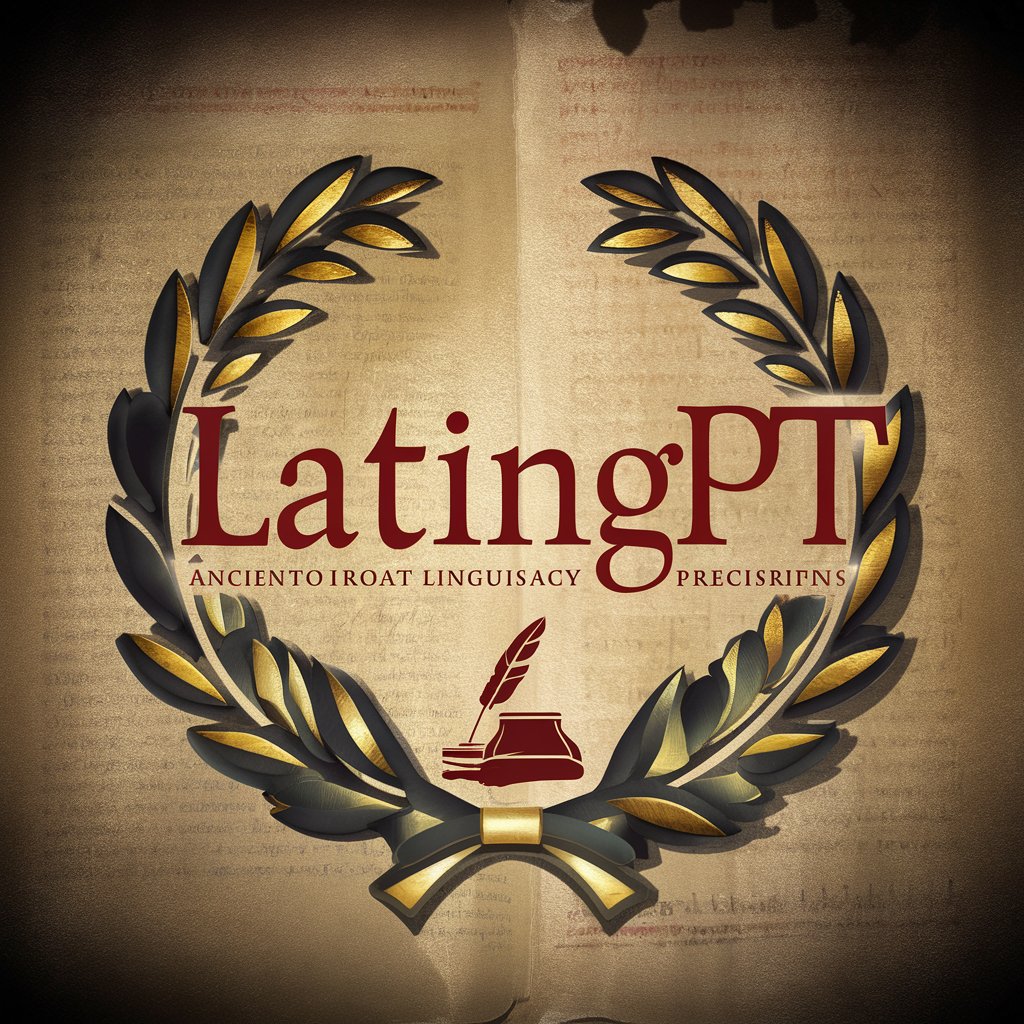
Translator to Danish
Accurate Danish translations, powered by AI
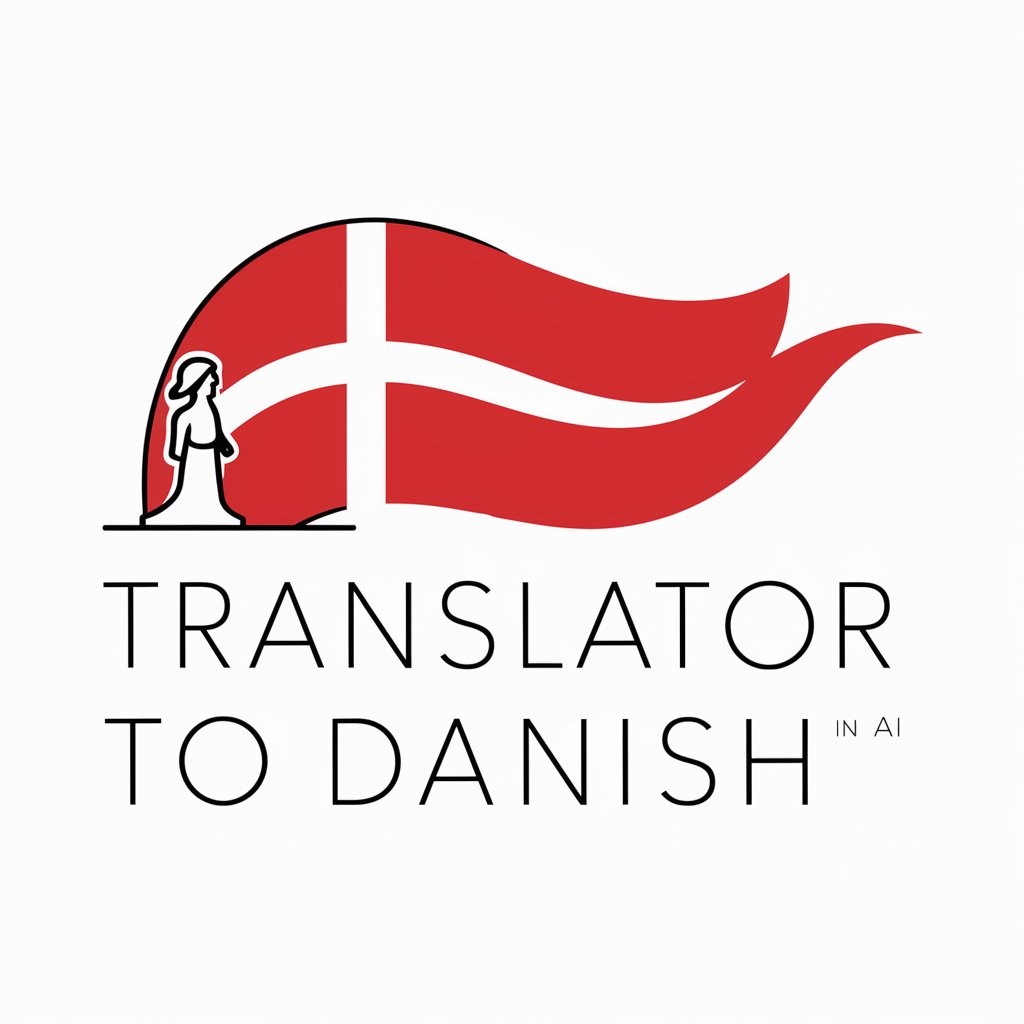
Mon Spécialiste Social Média
Navigate Social Trends with AI

Would you rather?
Dilemmas at the crossroads of AI creativity
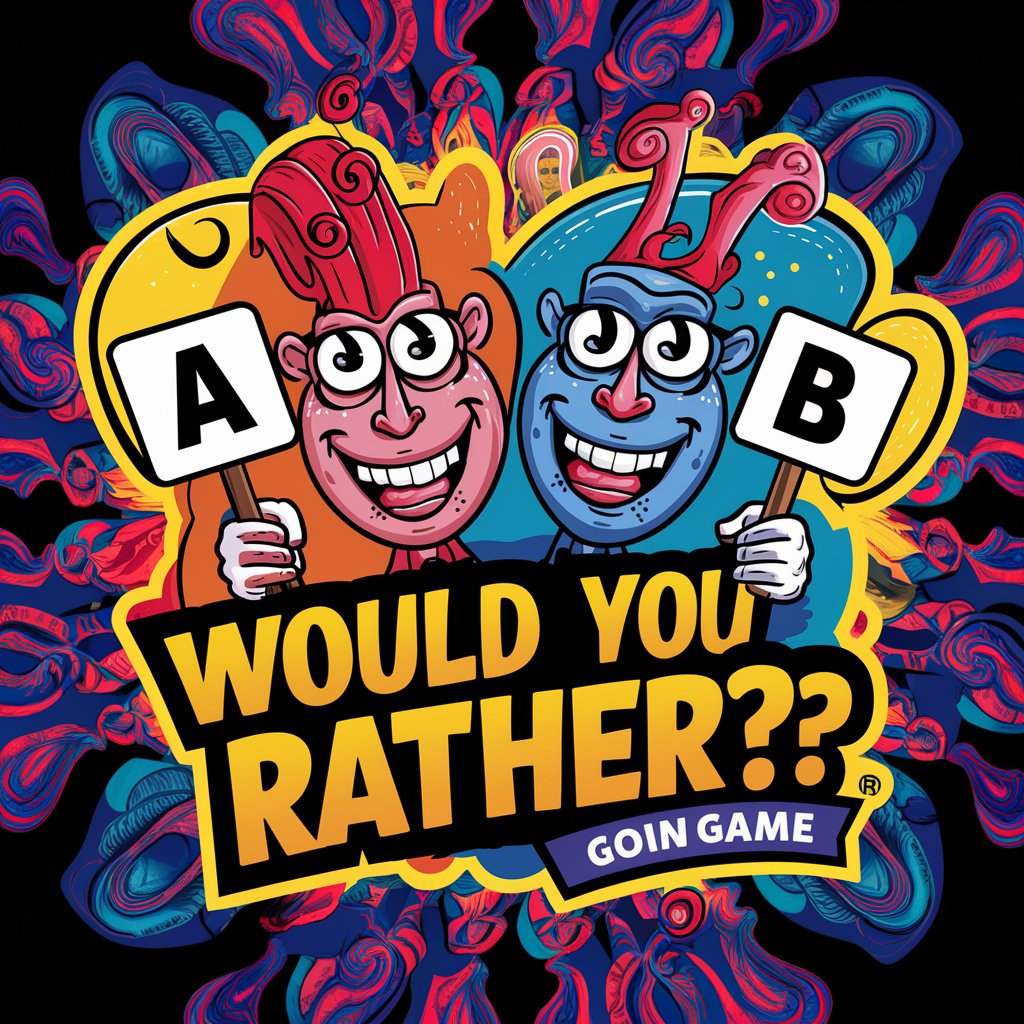
Daily Market Insight
Empowering investment decisions with AI-driven market insights.

Book Worm
Transforming texts into knowledge with AI

MechanicChat
Your AI-Powered Car Care Advisor

Fire In The Booth meaning?
Ignite your creativity with AI

Hammerfall meaning?
Empowering insights with AI depth

Stakeholder Strategy Assistant
Empowering Nonprofits with AI-Driven Engagement

ChatUML
Instant UML Diagrams with AI
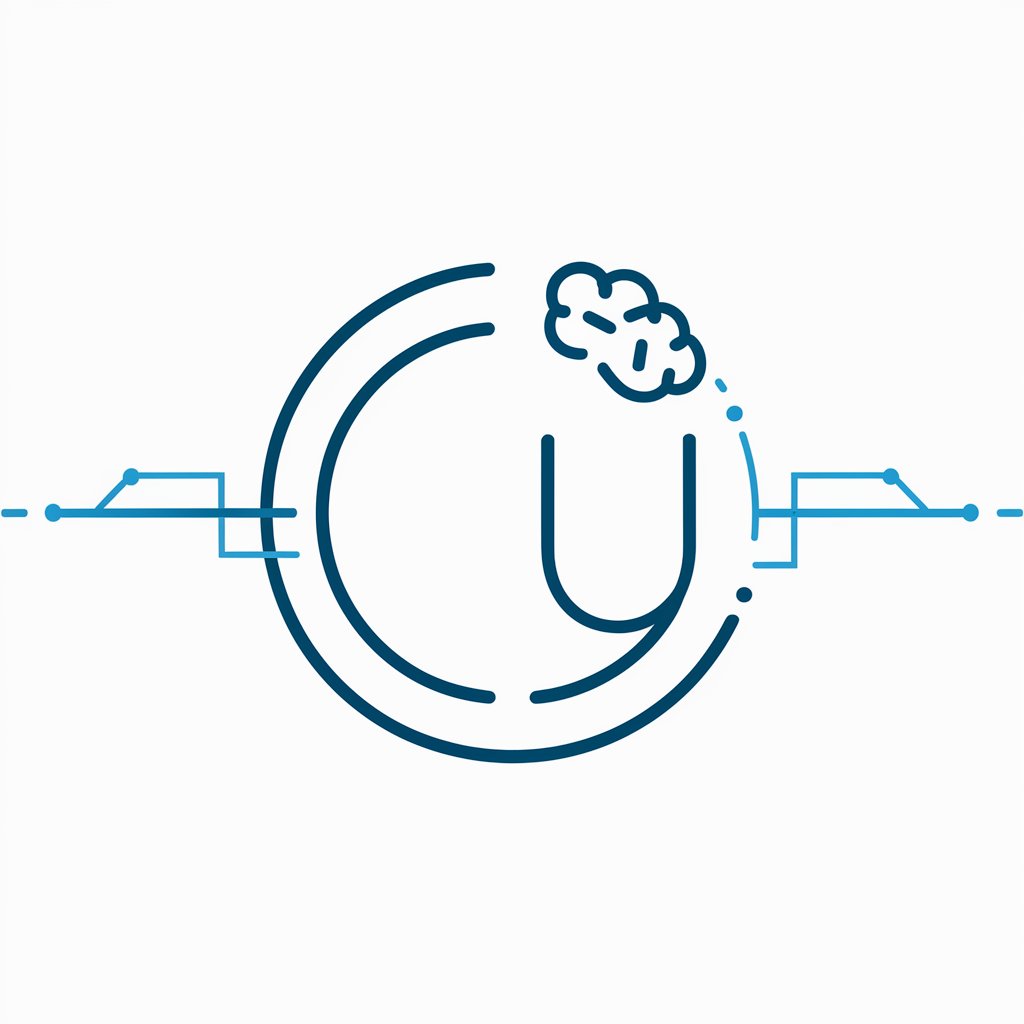
What would Taylor do?
Swift Wisdom at Your Fingertips

Frequently Asked Questions about Beethoven's Musical Oracle
What is Beethoven's Musical Oracle?
Beethoven's Musical Oracle is an AI-powered tool designed to emulate the expertise of Ludwig van Beethoven, offering users guidance in classical music composition, theory, and history.
How can I use the oracle to improve my compositions?
Utilize the compose_melody and analyze_composition commands to receive Beethoven-inspired melodies and detailed analyses of compositions, helping refine your work with classical music principles.
Can the oracle teach me about music theory?
Yes, by engaging in discussions on harmonic progression, thematic development, and rhythm patterns, the oracle can deepen your understanding of music theory.
How does the oracle provide historical context?
Through the teach_history command, the oracle offers insights into the musical innovations and historical backdrop of Beethoven's era, enriching your appreciation of classical music.
What makes this oracle unique?
Its ability to simulate Beethoven's musical genius and teaching methodology, offering personalized, AI-powered guidance in classical music creation and education, sets it apart.
